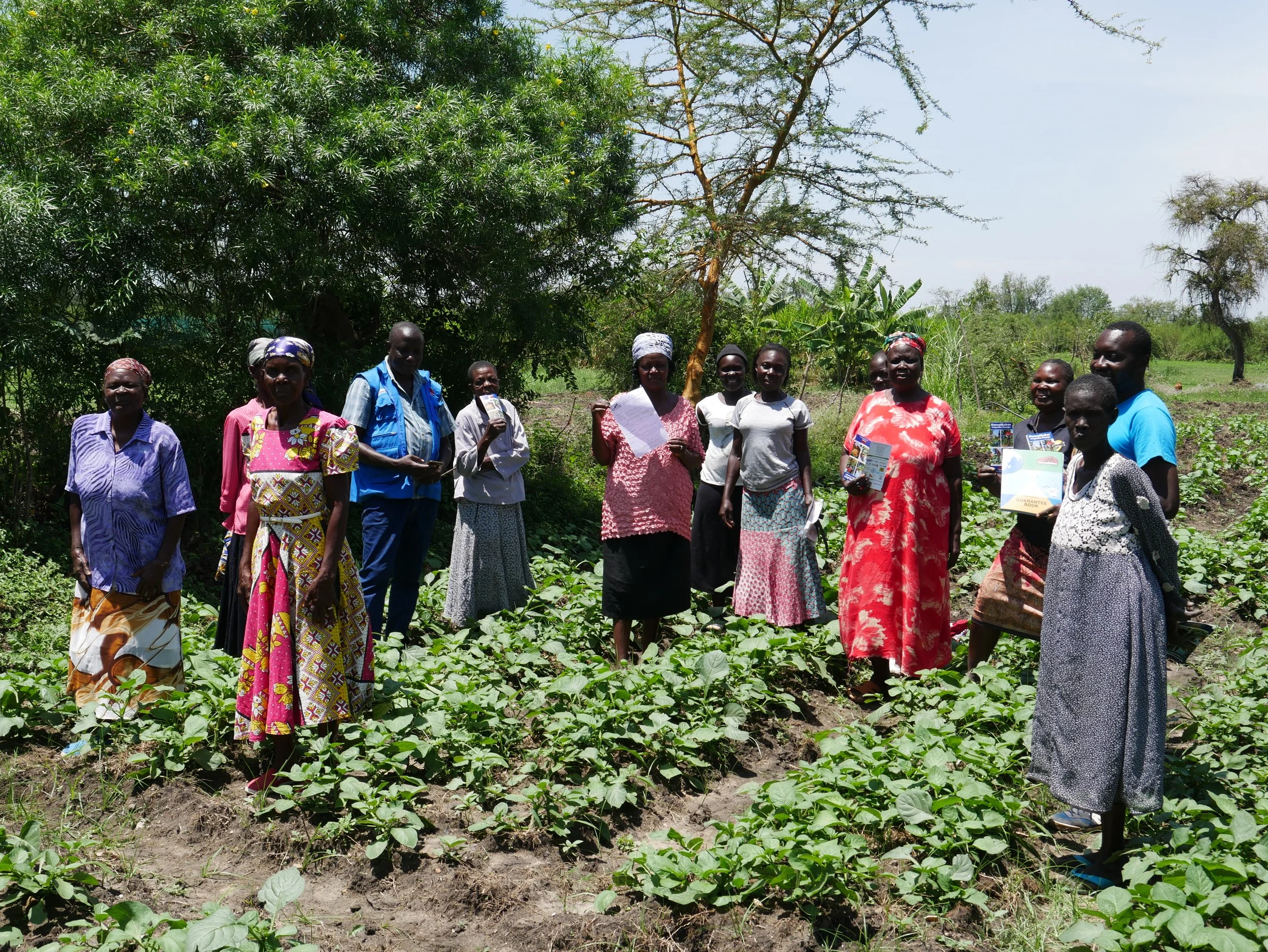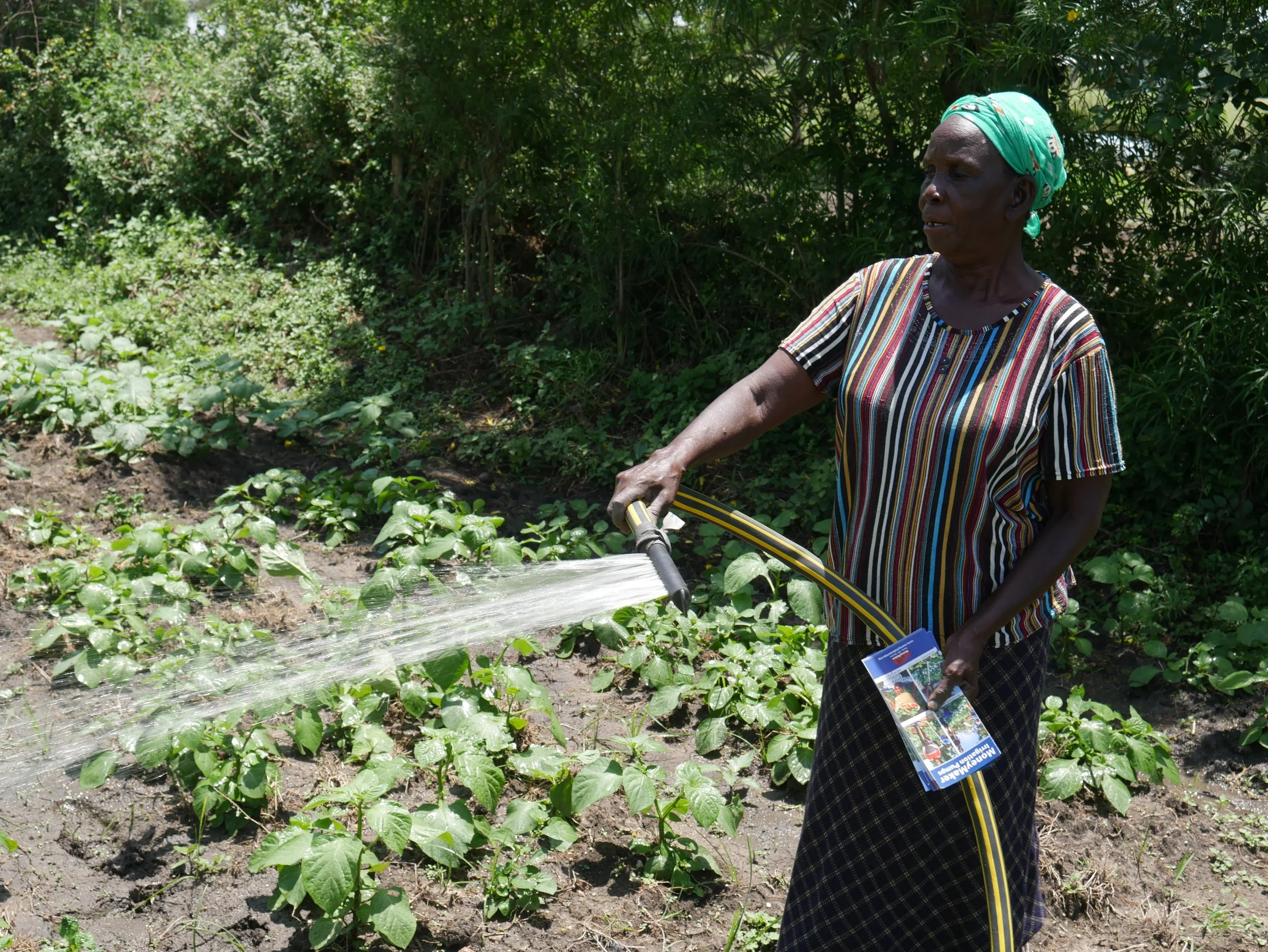The Government needs to invest in proper food security in the country
By: Evelyn Odhiambo
Predictions show that by 2050, the world population will be approximately 9 billion. This means our demand for food will grow to more than 100%. According to The Food and Agriculture Organization of the United Nations (FAO), about 80% additional food will be required to meet food demand by 2050. Currently, 1 in 8 people, or 842 million, struggle with hunger every day. Roughly 1 billion people in the world are food insecure. Many are not able to afford nutritious food. While agriculture continues to evolve to meet the intensely growing food demand, climate change continues to push many to adverse droughts.
In Kenya, according to the National Drought Management Authority (NDMA), it is estimated that 2.1 million Kenyans are facing starvation. The dry climatic conditions have impacted agricultural planting and harvest that are essential food sources for Kenyans. The worsening droughts in northern Kenya and other parts of the country continue to claim lives of marginalized communities and their livestock malnutrition among children in the affected areas is an unbelievable reality . At the moment, the country is battling depressed rains, economic inflation furthering the fight over the available limited resources.
Nyanam Widows during a farm visit by our Livelihoods Coordinator and Mr. Paul Munyala from KickStart International.
Communities most affected are from the north and coastal part of Kenya. Before the August 2022 general election, approximately 4 million Kenyans were affected by drought. It was reported in early June that the northern region had nearly 95,000 children under 5 years and 134,000 pregnant and lactating mothers acutely malnourished. Such is not new to Kenya. Between 2008 and early 2010, Kenya was among the adverse drought affected countries in Eastern Africa. The severe drought put 10 million Kenyans at risk of hunger causing a large number of deaths on livestock.
This is a clear indication that as a community, we need to heavily invest on climate justice as a long-term strategy to reduce food insecurity. Relief food may be effective, although is it sustainable if drought hits more than three quarters of the country? According to the Food and Agriculture Organization (FAO) Agriculture is key to Kenya's economy, contributing 33 per cent of the Gross Domestic Product (GDP), we need all stakeholders to be hands-on in spearheading agricultural initiatives and innovations to help our country. The government needs to champion Agroforestry by ensuring the Ministry of Agriculture, Livestock, Fisheries and Cooperatives is well funded. This will result in intentional cultivation and growth of food crops, animals, pastures, and trees from national to county levels leading to food benefits including environmental protection. Rural communities must be trained in sustainable agriculture. We need to give Kenyans power and resources to implement farming practices that will offer them food by practicing kitchen gardening and group farming at a community level. Water harvesting mechanism should be a key priority in the arid and semiarid areas of the country, sinking of boreholes to support communities to support the pastoral communities in northern Kenya will go a long way in saving lives.
Nyanam Widow using the MoneyMaker Hip Pump to irrigate their group vegetable garden
Kenyans need to continue the legacy of the Late Wangari Mathai on environment conservation. We need to protect and restore water catchment areas at all costs. Many of our water sources like Lake Victoria are highly dependent on rivers supported by our forests. Public – private partnership is important to transitioning from rain farming to irrigation farming that can be used in all seasons. The recent lifting of the ban on genetically modified crops presents both risk of being abused and opportunity to create food sustainability. Agricultural experts should take this opportunity to advise the government on drought-resistant crops that would withstand the severe climate change to ensure continued adequate supply of foodstuff in Kenya. As the world is going techno, Agriculture is equally advancing. Cooperates and companies within the Agri-Technology world, need to ensure quality and affordable farming inputs for all farmers.
If we want farmers to increase food production by 70-100 percent to meet national nutrition needs, we must support and work in collaboration with farmers to ensure we are food secure.
Ms. Evelyn is the Communications Associate at Nyanam International


